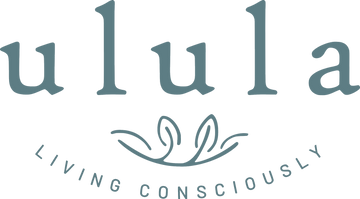Foods to Avoid
Recommendations for Foods to Avoid
Gluten intolerance (coeliac disease) is not classified as a 'real' allergy because the immune system is not involved in the reactions. The symptoms of coeliac disease can however be just as serious. If there is intolerance to gluten, then a limitation to the choice of food is required, i.e. complete avoidance of varieties of grain and products that contain gluten.
The risk of developing coeliac disease can be reduced for baby if you stick to the following rules:
- no contact to gluten before the end of the 4th month
- first gluten given as of the 5th - 7th month - start with small amounts of grain that contains gluten, and then increase slowly
- where possible, the best thing is to introduce gluten while you are still breastfeeding
Other food that should be avoided in the 1st year of life:
- peanuts
- soy
- seafood
- honey, sweets, chocolate
- spices
- salt
Honey can contain a pathogen that can cause poisoning in babies. However, if it appears on the list of ingredients in baby food products, it has been processed to ensure safety.
Raw-milk products and raw foods (e.g. sushi, unpasteurised cheese and raw meat spreads) can contain bacteria that can make babies poorly.
Anything small, round and hard carries the risk of accidental inhalation and choking – it is better to halve or mash small round fruits and vegetables; nuts are best ground or given as purée.
Amaranth, buckwheat, quinoa and cold-pressed vegetable oils should only be offered in baby quality as a result of contaminants. Products in baby quality are strictly regulated as foodstuffs and are labelled with an age recommendation.
Quark and milk as a drink should only be introduced from the age of around nine months. From the sixth month, yoghurt is suitable as an occasional substitute for milk in recipes.


